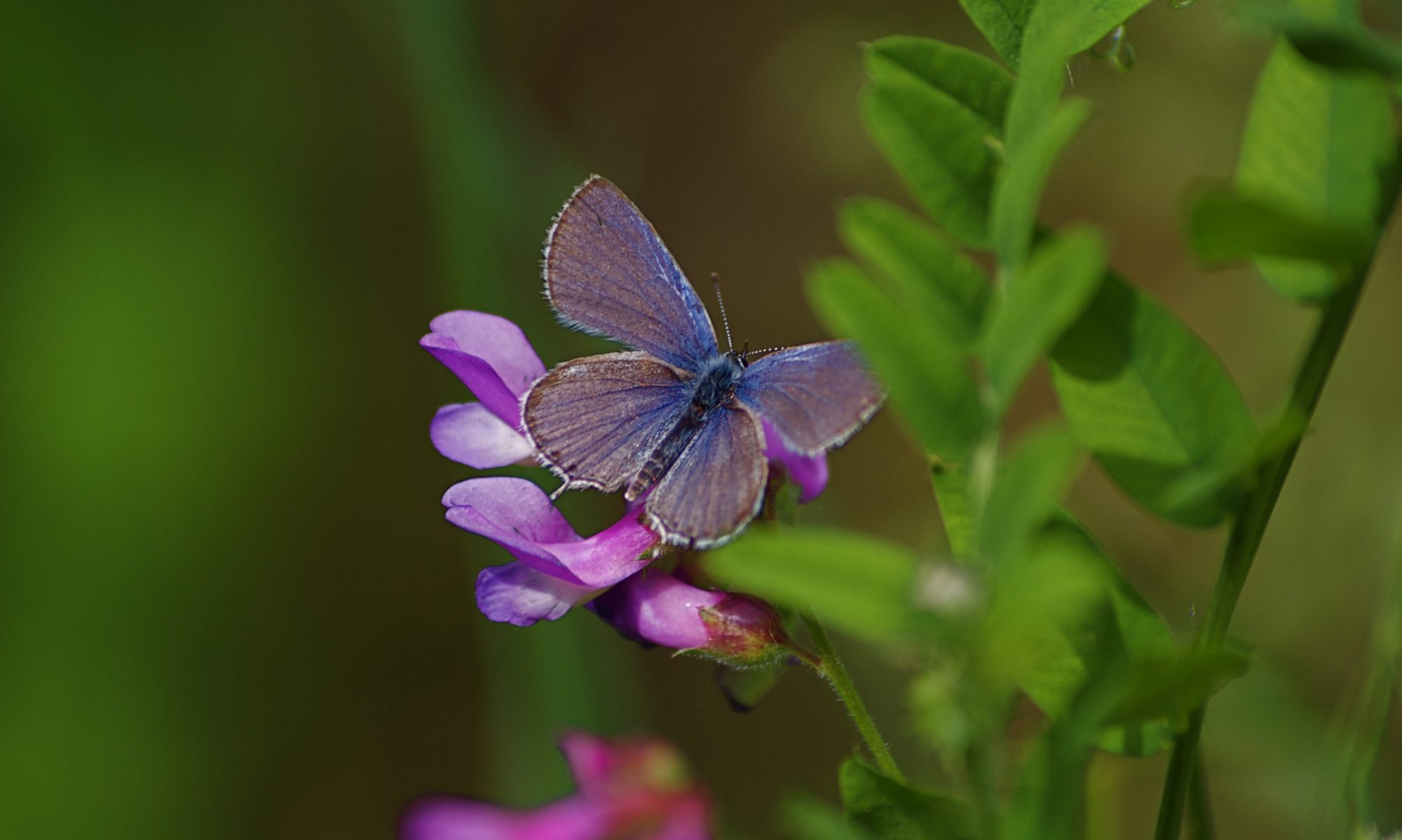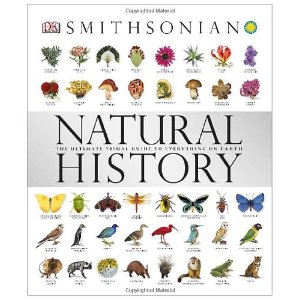A few days ago one of the academic advisors here at my institution sent me a letter in which a student asked about the utility of a biology B.Sc. I mulled it over in my head for a few days and then responded with (edited a bit to preserve anonymity and for better clarity) the letter below.
In this day of increasing media hyperbole – or dare I call them “attacks” – regarding the value of a postsecondary education, I can understand this student’s worry. For instance, here’s a very recent piece from a big regional/national network that begins with the description:
According to a new study from Statistics Canada, there are some areas of study that you should avoid if you want to get good value out of your education.
This, unfortunately, is what we hear more and more these days. Unlike the pablum normally served to us from the media, I would never argue that someone should not pursue their passion. If their passion is in carpentry, then trade school is the way to go. If they happen to like building cutting-edge technology in their garage, then they should go for it; it turns out that can work out pretty well. And if they really like biology or history or literature or physics, a good place to learn more about those things happens to be a university. When it comes down to it, it’s all about passion. If something is not your passion, then you should not cave in to pressure to pursue it. If it is your passion, then find the best place to explore it further whether it’s technical school, university, or your garage.
One more quick aside: I am bumping into more and more of these queries lately. I suspect it has something to do with a much more difficult economy than has been the case even a few years ago. As something resembling an archetypal GenX-er, I suppose that I have had some experience in this area, as I too graduated into a recession. I’d bet that many of you have thoughts in that regard as well.
Rather than go on any further here, I’d like to present my edited and redacted version of the letter below. Your comments are welcome, of course.
—–
Dear __________,
One of our academic advisors referred your question about whether or not you should pursue the biology B.Sc. major at UNBC to me. Thank you for asking, and I hope that I can be of some help.
Your question is not one that is completely easy to answer. If you are looking for a specific job – and if you know what that job is – then you should find a university degree or technical school certificate program that will lead you directly there. If you are not certain of where you see yourself in five or ten years (and who among us really has that kind of certainty anyhow?) then please keep on reading.
All degrees at universities – biology, chemistry, history, english, etc. – amount to what you make of them. Some university degrees – education, engineering, social work, nursing, etc. – will lead you almost directly to what might be regarded as one general job type. If you take a nursing degree, you end up being qualified to become a nurse. If you take an education degree, you end up being qualified to become a teacher. But, as you note in your question, if you take a biology or a history degree, your qualifications are not seemingly as clear.
So, it depends on what you want. Some degrees don’t lead to a specific career, but also give you lots of flexibility in life. Some degrees lead to – generally – a specific career, but you are mainly locked into that when you are done. No one is ever completely locked in, of course. But certain degrees prime you for quite specific careers.
In other words, the outcome of some degrees is riskier than for others. Perhaps it is appropriate to say that some degrees are more entrepreneurial than others in the sense of entrepreneurial risk.
Biology, of course, is in the no-necessarily-specified-outcome category for the most part. Yes, there are jobs for biologists after their degree. These range from environmental consulting to lab research to academic teaching and research (if you continue on with graduate school) to medicine (if you continue on in medical school) to grade-school teaching (if you complete a education certificate or graduate degree after your biology degree). But none of these is in any way “certain.” Each of them depends on how well you do in your biology degree and how much you embrace and enjoy the subject matter. Each of them also depends on the sort of job opportunities out there at the time that you graduate, and that is not something that anyone can predict (although some will try to convince you that they can).
In my own personal experience, my undergraduate degree was in zoology (animal biology) because I really loved biology and animals in general. I became fascinated with invertebrates and found insects to be particularly cool. I took the opportunities that were presented to me at my undergraduate institution to do lab research, even though it was not on animals. I really and truly enjoyed pretty much every course that I took because they all were showing me new things about the world. I also walked into courses that I thought that I might dislike with an attitude of trying to focus on finding aspects that were interesting to me. Since most of the information in the courses that I took was new, it was not hard to find really cool things about each and every course. For me, it was all about my attitude. Then, as now, I tried to always maintain an attitude of wonder. As a result – because I was engaged in the wonder of it all – my marks when I completed my B.Sc. were very high and I had all sorts of potential options to explore. So the attitude of wonderment served me well back then, and I think that it continues to serve me well today as it opens new doors in research, teaching, and general life.
Because I had developed such a life-long love for biology, and then found out that I also enjoyed the thrill of original research, I decided to go to graduate school. Even during my Ph.D. studies I was not 100% sure what I would “become.” I suspected at the time that perhaps I’d work toward becoming a professor, but I was fully aware that that is not the easiest profession to get into. So I knew that my work in graduate school might not take me to that end point – it did, and I am lucky and thankful that it did, but there were never any guarantees. However I knew that my efforts would prepare me for an interesting career one way or the other, and in the meantime I really, really enjoyed what I was doing.
It’s tempting to look at career opportunities in broad categories – nurse, firefighter, architect, physician, bank manager, accountant. These all exist, of course. But the reality is that most careers – even those on that list – don’t fit as neatly into those categories as guidance counsellors and others will tell you. Many people make very interesting careers for themselves in areas that you likely are not even considering.
I guess what I’m saying is this: when you head into your post-secondary education, take the time to explore the thing or things that interest you. Cultivate an attitude of wonderment. Talk to your professors. Talk to people you know who have careers that interest you and who seem to generally find interest in their daily work. Be willing to be flexible now, and throughout life. Work very hard. Be sure to find ways to enjoy each and every class that you take. And realize that there is no way that you can predict right now where the economy will be in four or five years and where your interests may lead you by then.
All the best in your decision, and feel free to email me with any other questions you may have.
Sincerely,
Dezene Huber
—–
So there you have it. I’d be interested to hear your ideas on improving this letter.
What are your experiences?
What is the value of a non-professional university degree?

